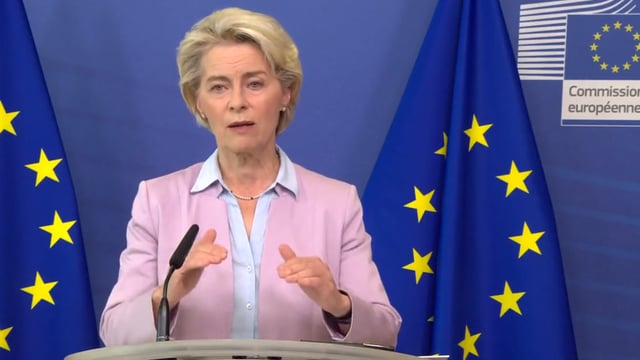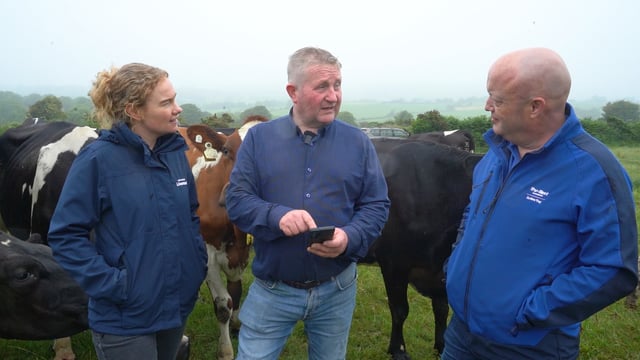Lenders urged to pass interest rate cut back to farmers
Following the announcement last week by the European Central Bank (ECB) of another interest rate cut, the Irish Farmers' Association (IFA) is urging lenders to pass rate cuts back to farmers.
IFA Farm Business chair ,Bill O’Keeffe has called on all lenders to pass back the reduction to all non-fixed loans and overdrafts facilities to their farmer customers.
While many variable rates loans and overdrafts will be linked to the Euribor rate (Euro Interbank offered rate) and will result in a reduction, the time lag for this to benefit farmers must be minimised by all banking institutions, according to the farm organisation.
O'Keeffe said: “This latest ECB interest rate cut of a quarter of one percent is the third such reduction in 2024.
"On the back of falling ECB interest rates, financial markets have seen a falling Euribor rate (Euro Interbank offered rate), which is key in determining the cost of funds for Irish banks lending to Irish farmers."
The chair highlighted statistics from the Teagasc National Farm Survey (NFS) 2023. which shows that farmers have endured an average 57% income crash across all sectors in 2023.
Higher costs of production reported in the Teagasc NFS have remained the underlying reason for tight cashflow and squeezed margins on many farms throughout 2024, according to the IFA.
As the calendar year end comes into sight, the farm organisation has said that it is an opportune time for farmers to re-evaluate all their credit facilities.
The advice is that there are opportunities available to secure improved arrangements with banks and credit unions that will see a reduction in the cost of interest.
Bill O'Keeffe added: "If your lender is not matching a competitive rate that is available elsewhere, consider moving your business in consultation with your accountant.
“Farmers need every support they can receive right now after a difficult 18 months of poor weather, poor grass growth and higher costs of inputs and services,” he concluded.





